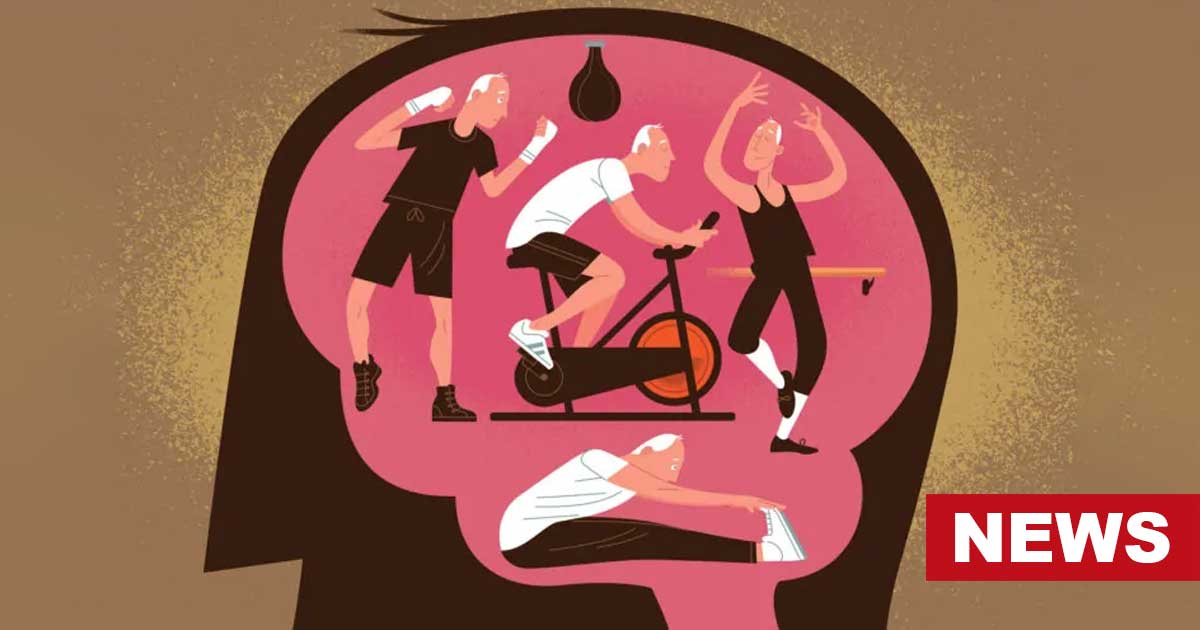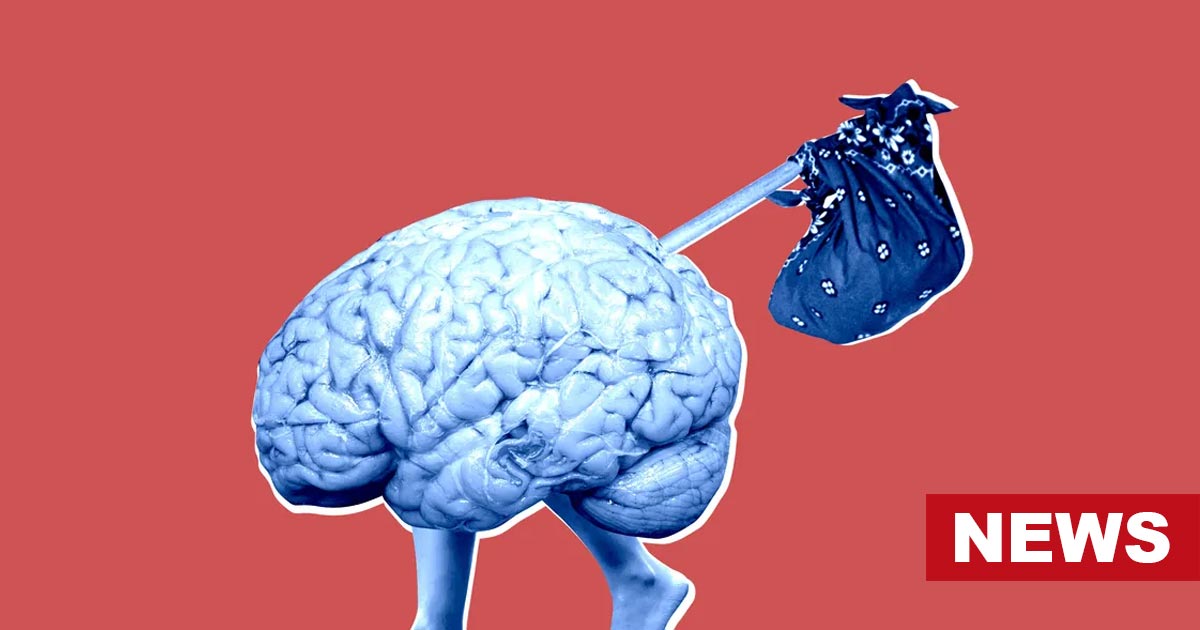In a groundbreaking exploration published in Science Advances, Duke University spearheads a pivotal investigation into the profound impact of environmental elements on human biology.
The study, led by principal investigator Dr. Andrew West, a distinguished professor in the Department of Pharmacology and Cancer Biology at Duke University School of Medicine, delves into the intricate connection between nanoplastics and neurological diseases like Parkinson’s and certain forms of dementia.
Dr. West remarks, “Parkinson’s disease stands as one of the fastest-growing neurological disorders globally. While we’ve long suspected environmental influences, identifying specific factors has remained a challenge.”
The research highlights the concerning prevalence of improperly discarded plastics fragmenting into minuscule particles, infiltrating water and food supplies, and even making their way into the bloodstream of a vast majority of adults, as evidenced by recent studies.
“Our findings underscore the potential threat posed by the emergence of micro and nanoplastics in our environment concerning the risk and progression of Parkinson’s disease,” Dr. West explains. “Considering the projected escalation of these contaminants in our water and food sources, this poses a grave concern.”
The study focuses on the interaction between nanoparticles of polystyrene, commonly present in disposable items like drinking cups and cutlery, and a crucial brain protein called alpha-synuclein.
Of particular significance are the strong bonds observed between the plastic particles and the protein within the neurons’ lysosomal areas where these accumulations gather, a revelation that astonished the researchers.
Across various models employed in the study — encompassing test tubes, cultured neurons, and mouse models mirroring Parkinson’s disease — the accumulation of plastic-protein complexes was consistently observed.
Dr. West emphasizes the lingering queries about the potential mechanisms of such interactions in humans and whether distinct types of plastic might influence these processes differently.
“While the evaluation of micro and nanoplastics has primarily centered on their impact on cancer and autoimmune diseases, our study underscores the urgent need to assess the escalating presence of nanoplastics concerning the risk and progression of Parkinson’s disease and dementia,” Dr. West elucidates.
He acknowledges the nascent stage of the technology required to monitor nanoplastics, emphasizing its current inadequacy in addressing all pertinent inquiries.
However, he remains optimistic, anticipating swift progress in this realm based on the observed effects of these particles in their experimental models.
Dr. West concludes with a proactive stance, stating, “Armed with knowledge about potential risks, we can take necessary precautions to safeguard ourselves without compromising the everyday benefits we derive from plastic usage.”
Implications and Future Prospects
The study’s profound implications pave the way for a paradigm shift in comprehending the intricate interplay between environmental factors and neurological disorders.
It calls for heightened scrutiny into the escalating presence of nanoplastics in our ecosystems, urging researchers and policymakers to prioritize investigations into their potential neurological impacts.
The Urgency of Understanding Nanoplastics’ Role in Neurological Health
The prevalence of neurodegenerative conditions such as Parkinson’s disease and dementia is increasing among the population.
Therefore, the study emphasizes the critical necessity of comprehensively investigating the complex interrelationships between environmental hazards, particularly nanoplastics, and the advancement of these incapacitating illnesses.
A Call for Vigilance and Research Advancements
Dr. West’s study serves as a clarion call for concerted efforts toward monitoring nanoplastic contamination.
It emphasizes the critical need for advancing technology to comprehensively comprehend and mitigate the potential risks posed by these microscopic particles to neurological health.
Moving Forward: Balancing Innovation and Precaution
The findings strongly emphasize the importance of adopting a well-balanced strategy that harnesses advancements in technology while being mindful of the potential risks posed by plastics in our everyday routines.
This approach aims to effectively manage and minimize the potential negative effects on neurological health stemming from the widespread use of these materials.




























